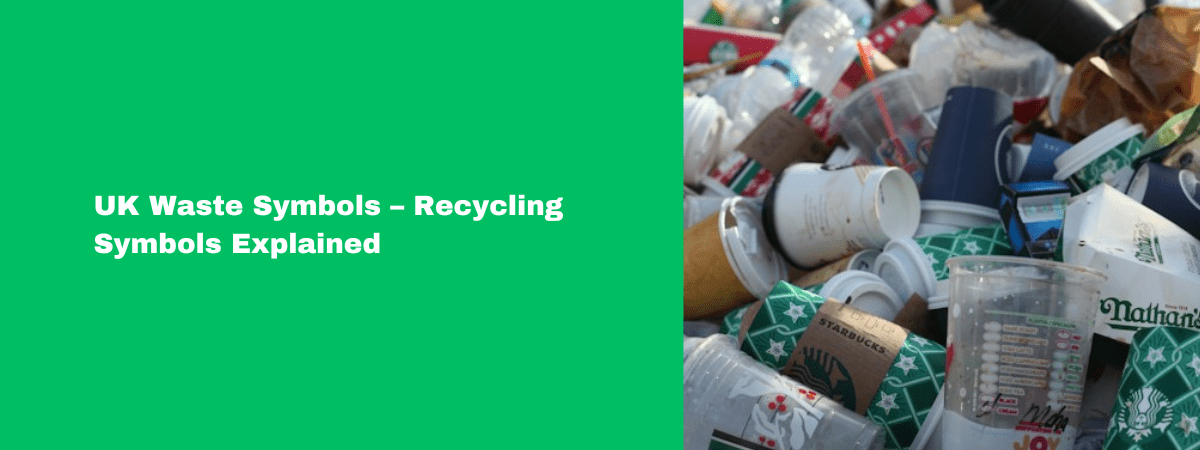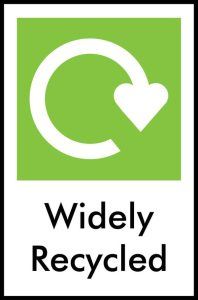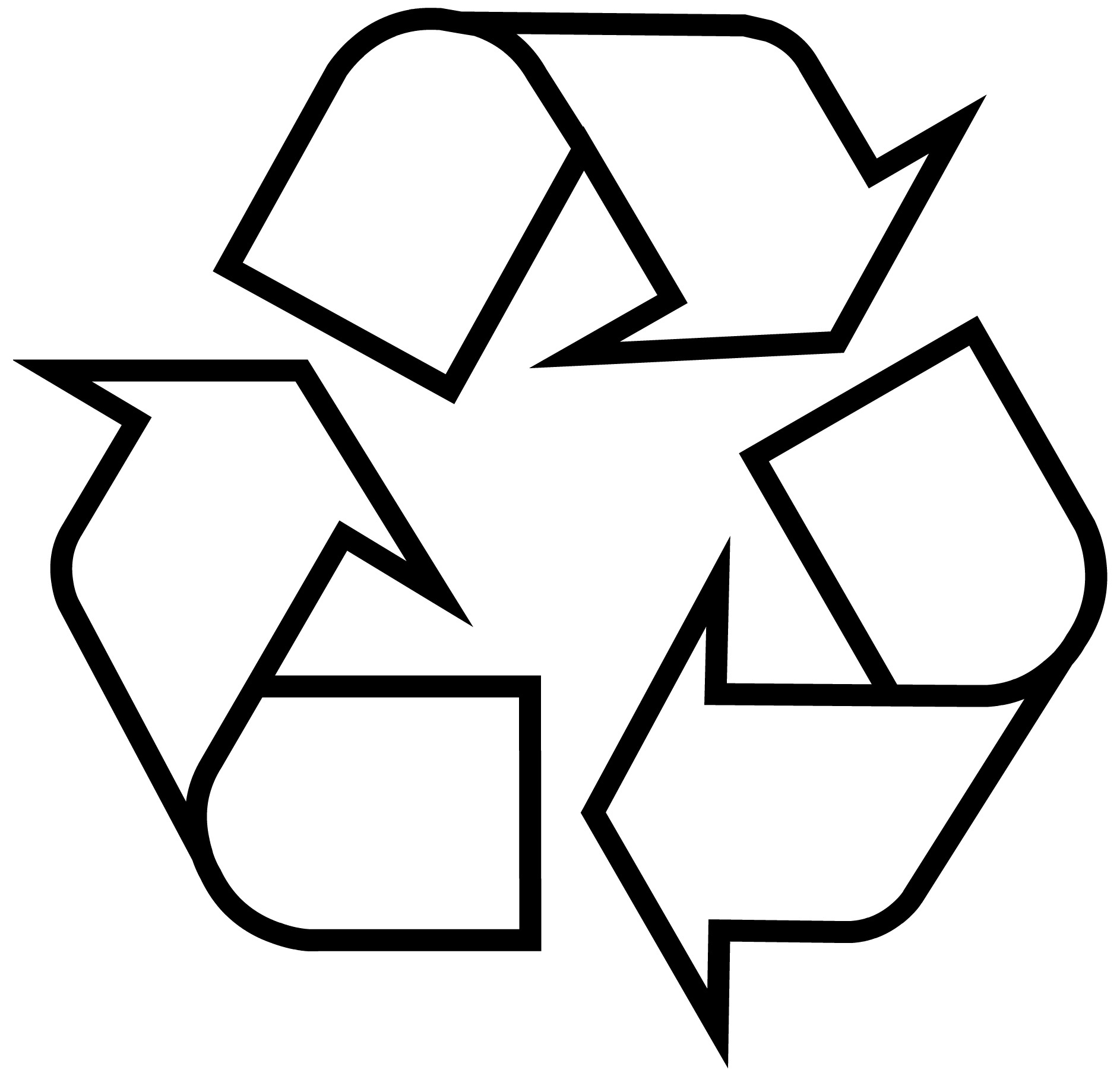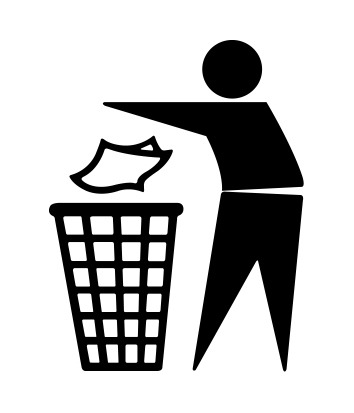Your company should be recycling, and if it isn’t then you need to start now. But there’s a reason why many find it difficult to understand what they can and can’t recycle, and that’s because the symbols are confusing. There are so many rules and signs stating what you should and shouldn’t recycle that you need a guide to spell out just what to do. That’s why for Recycle Week Direct365 have put together a symbol guide to better help understand what to do with which items.
Recycling Statistics
For businesses, recycling is a legal requirement. Legislation states that you must recycle as much as possible. The sheer amount of extra material going to waste has led to more companies and governments imposing stricter recycling rules to try and help save the planet. Here are some state of play stats on recycling:
- The recycling rate in homes in England is 44.6% of waste, which in an increase of 0.2% in 2021.
- 63% of packaging waste was recycled in 2021.
- 4 million tonnes of cardboard and paper became waste in 2021.
- Commercial and industrial sectors generate a whopping 40.4 million tonnes of waste a year.
Recycling Symbols
There are a wide range of symbols that can be on a product at any one time. Depending on what it is, it will usually have one of these following signs on. Because there are so many (14 in total) it can be difficult to understand what they all mean. That’s why we’ve put together this handy guide. Take a look at the symbols and what they mean:
Widely Recycled
This symbol means that this material is collected by at least 75% of local authorities and recycling companies.
Widely Recycled Rinse
Some items – like soup tins and other canned food – need rinsing so that food doesn’t contaminate other recyclables. These items should be rinsed before recycled.
Not Currently Recycled
Exactly what it says on the tin. These items are not recycled.
The Green Dot
This mark means that, while this item may not be recyclable, the producer has made a financial payment towards recycling of other materials.
Mobius Loop
This design means that the material itself has been recycled. Often found in addition to a % number, this will tell you how much percent of the material has been recycled.
Plastic Resin Codes
A plastic resin code, which looks like the one below, associates a number with a particular type of plastic used in the manufacturing process. From 1 – 7, there will be one of these codes when any of the plastic resins are used. Typically in the UK types 1 & 2 are both recyclable.
Glass Recycling
This sign is found on glass packaging and materials and encourages you to recycle the container.
Recyclable Aluminium
This states that the particular product or packaging is made from recyclable aluminium.
Recyclable Steel
Slightly rarer than the others, but still as valid, this symbol means the steel product is readily recyclable.
Tidyman
This is the symbol from campaign group Keep Britain Tidy. The purpose for this is to encourage people not to litter.
Waste Electricals
This symbol, as described by the image of a cross through the waste bin, states that you shouldn’t place the electrical device in your general waste bin. Items like this can be recycled via council recycling depots.
Compostable
Fairly straight forward, this symbol notifies the user that the item is industrially compostable, instead of recyclable. These items should not be added to general recycling.
Home Composting
This sign tells the user that they are able to compost this item at home.
Paper, Card and Wood
This tree logo has the letters FSC, which stands for Forest Stewardship Council, signifies that the product has been made using wood from FSC certified well managed forests.
Your Business Should be Recycling – Here’s Why
People care about recycling. When you look at the figures we laid out earlier, the majority of the customers recycle and are interested in the environment. This is one of the reasons you should be interested in recycling, but there’s one bigger reason: the law.
The law states that business must recycle wherever possible. This must also be done with a licenced waste carrier, and with all waste accounted for with waste transfer notices. This proves that you’ve been recycling to the best of your ability and have used a legally compliant service provider.
For a legally compliant service provider that has competitive pricing and thousands of happy customers, speak to Direct365. Fill out the form below and our team will contact to give you a quote and answer any questions.















